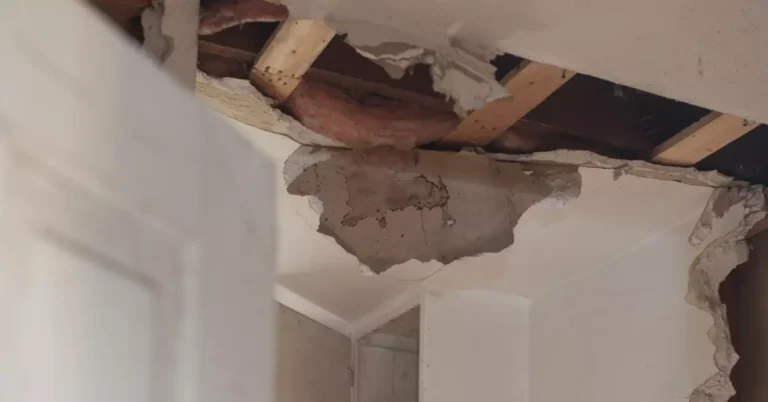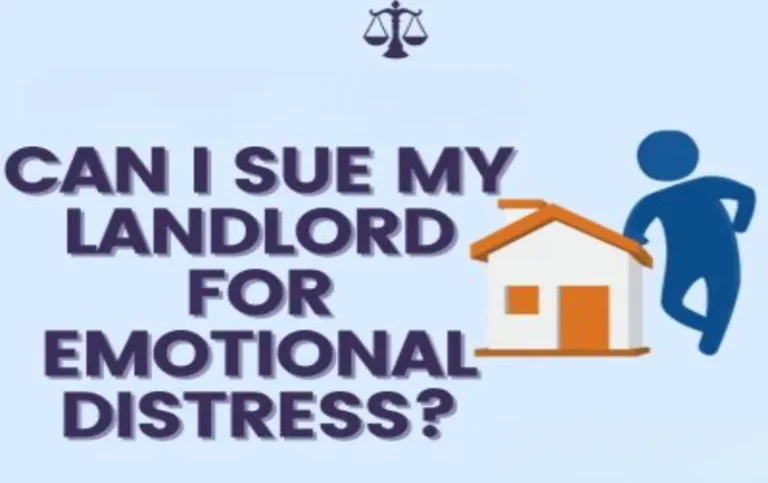Welcome To The RentalAwareness.Com
Where Rental Knowledge Meets Simplicity
We craft comprehensive guides and resources on everything rental-related. Dive into our curated topics and empower yourself in the world of rentals.
Why Choose RentalAwareness.Com?
Comprehensive Yet Digestible
Our mission is to simplify the complexities of the rental world. With us, you gain insights that are in-depth yet easy to understand, ensuring you’re always well-informed.
Tailored Resources For Every Need
From tenants to landlords, from lease agreements to eviction laws, we’ve got you covered. Our platform offers resources tailored to meet the diverse needs of the rental community.
Expert Support Just A Click Away
Got questions? We’ve got answers. Our team of rental experts is here to assist you. Whether you have a specific query or need guidance on a broader topic, we’re here to help.
Free eBooks and Guides
Unlock our collection of free eBooks and in-depth guides. Dive deep into specific rental topics and arm yourself with knowledge.
Our Latest Guides

Does Section 8 Pay for Tenant Damage? – Rental Awareness
Yes, section 8 will pay for tenant damage under certain circumstances. The section 8 program is a federal housing assistance program designed to provide safe and affordable housing options to…

Tenant Disputes: Can a Tenant Sue Another Tenant?
Yes, a tenant can sue another tenant for issues such as property damage, personal injury, or breach of peace within the rental property. Legal action depends on the specific circumstances…

Can a Neighbor Drain Water on My Property? Protect Rights
No, a neighbor cannot legally drain water onto your property. This action can violate local drainage laws and property rights. If water flow from a neighbor’s property causes damage or…

Best Cities to Be a Landlord: Top Profitable Locations
Orlando, Florida, and Memphis, Tennessee, are among the best cities to be a landlord. Both offer high rental demand and attractive returns on investment. Navigating the real estate landscape as…

Can a Landlord Break a Rent-To-Own Contract?
No, a landlord generally cannot break a rent-to-own contract unless there are specific clauses allowing termination. Rent-to-own agreements are legally binding contracts that outline terms and conditions for both parties….

15 Shocking Factors Secretly Inflating Your Rent Payment
Guess which hidden factors are silently driving up your rent payments – from local coffee shops to secret algorithms.

What are the Occupancy Laws in Arizona? – Rental Awareness
Occupancy laws in arizona state that there must be at least 70 square feet of livable space per person in each bedroom. Additionally, there can’t be more than two people…

How Long Can a Tenant Stay After the Lease Expires in California?
In california, a tenant can stay after the lease expires if there is no new lease or agreement signed. However, the length of time may vary depending on the circumstance….

Can I Sue My Landlord for Emotional Distress: Uncovering Your Legal Options
Yes, you can sue your landlord for emotional distress. Holding a landlord legally responsible for causing emotional distress is possible under certain circumstances when their actions or negligence directly contribute…


